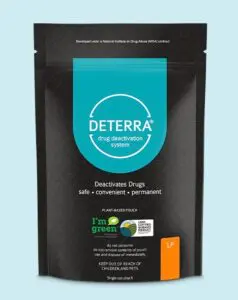Spartanburg doctor’s crusade against opioids goes nationwide
Spartanburg, S.C.
Orthopedic surgeon Greg Colbath says it was hard to convince people there was an opioid pandemic three years ago, but times have changed.
After Gov. Henry McMaster’s declaration of an opioid emergency in late 2017 and last month’s federal guilty plea by OxyContin maker Purdue Pharma as part of an $8 billion federal settlement, Colbath said most people now are aware of the opioid pandemic.
The Spartanburg physician with Medical Group of the Carolinas-Orthopaedics-Skylyn started reducing the number of opioids he was prescribing patients back then and has continued working to fight the substance abuse problem.
“I feel like we’re validated,” Colbath said. “Three years ago if I had this discussion, people would say we don’t have an opioid crisis here in Spartanburg. The public outcry has made this possible.”
Colbath’s latest endeavor involves a $20,000 grant from the Spartanburg Regional Foundation to expand his medical disposal initiative to the entire hospital system.
For joint replacement patients, Colbath not only has cut down from prescribing 60 painkillers to seven to 10 pills post-surgery, but he also hands out Deterra System drug disposal pouches for patients to get rid of unused drugs. He also provides pain management education and instead urges the use of Tylenol or Advil for pain.
Nationwide effort
Impressed with his program, Deterra System maker Verde Environmental Technologies teamed up with Colbath and the nonprofit SAFE Project to offer free Deterra Pouches to patients nationwide.
The pouches contain activated carbon, which when mixed with water renders the drug inert and unusable. It can then be safely disposed of in the trash. It can deactivate leftover pills, patches, liquids, and other medications.
The SAFE Project was founded in 2017 by two people who lost their 19-year-old son to an accidental overdose. The program offers help to families with someone who has a substance abuse disorder.
“The makers of these bags want to use this as a standard of care at our hospital,” Colbath said. “It’s nice to see little Spartanburg is now being looked at as a model of how a hospital system should interact with the community to interact with patients on the front end.”
He said the emergency room physicians at Spartanburg Medical Center already have requested 500 bags.
“The main goal is to prevent misuses and potential abuse of medications,” he said.
There’s also discussion of expanding the disposal bag program to pharmacies nationwide.

